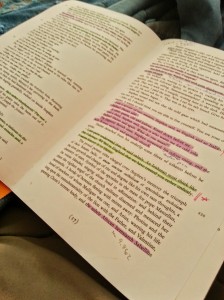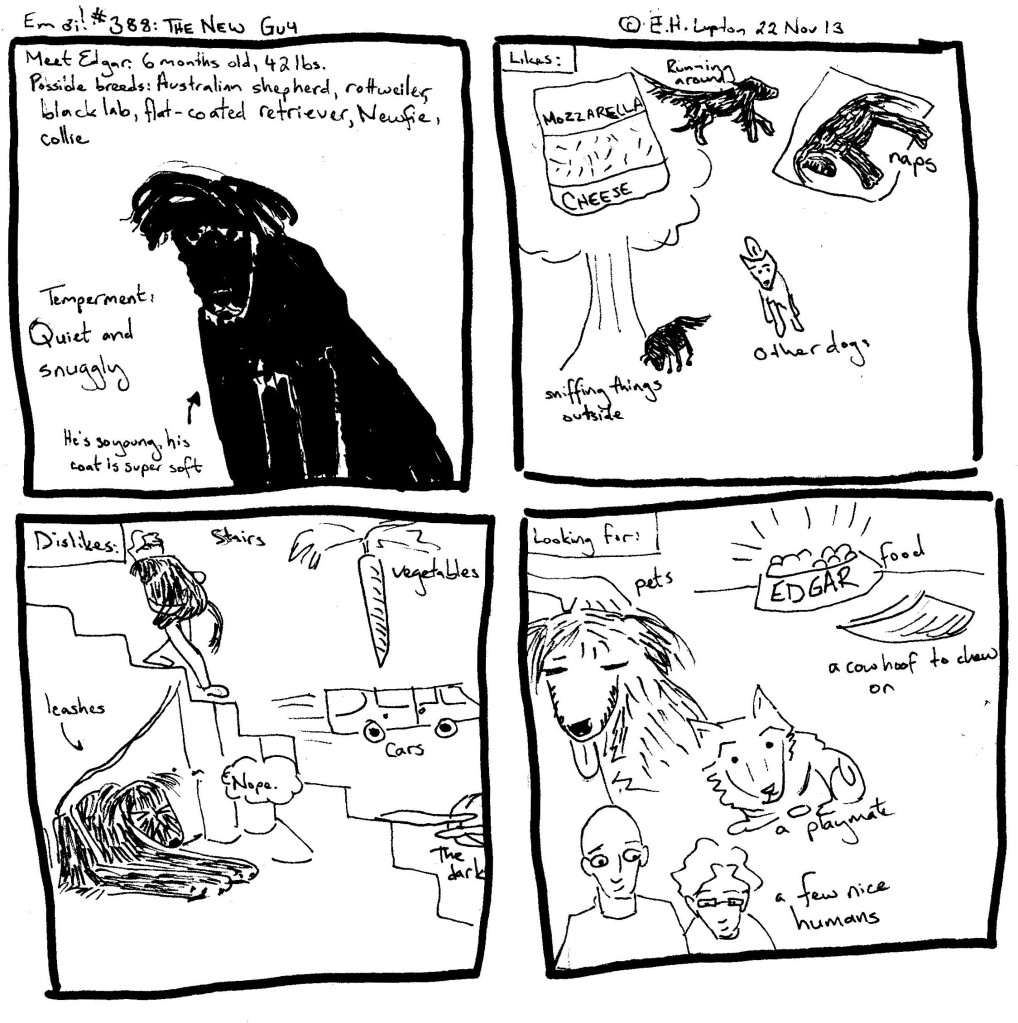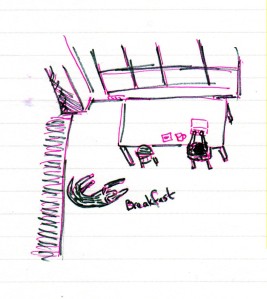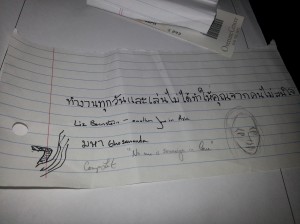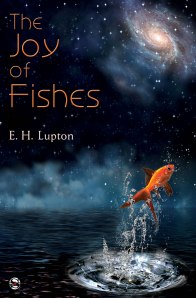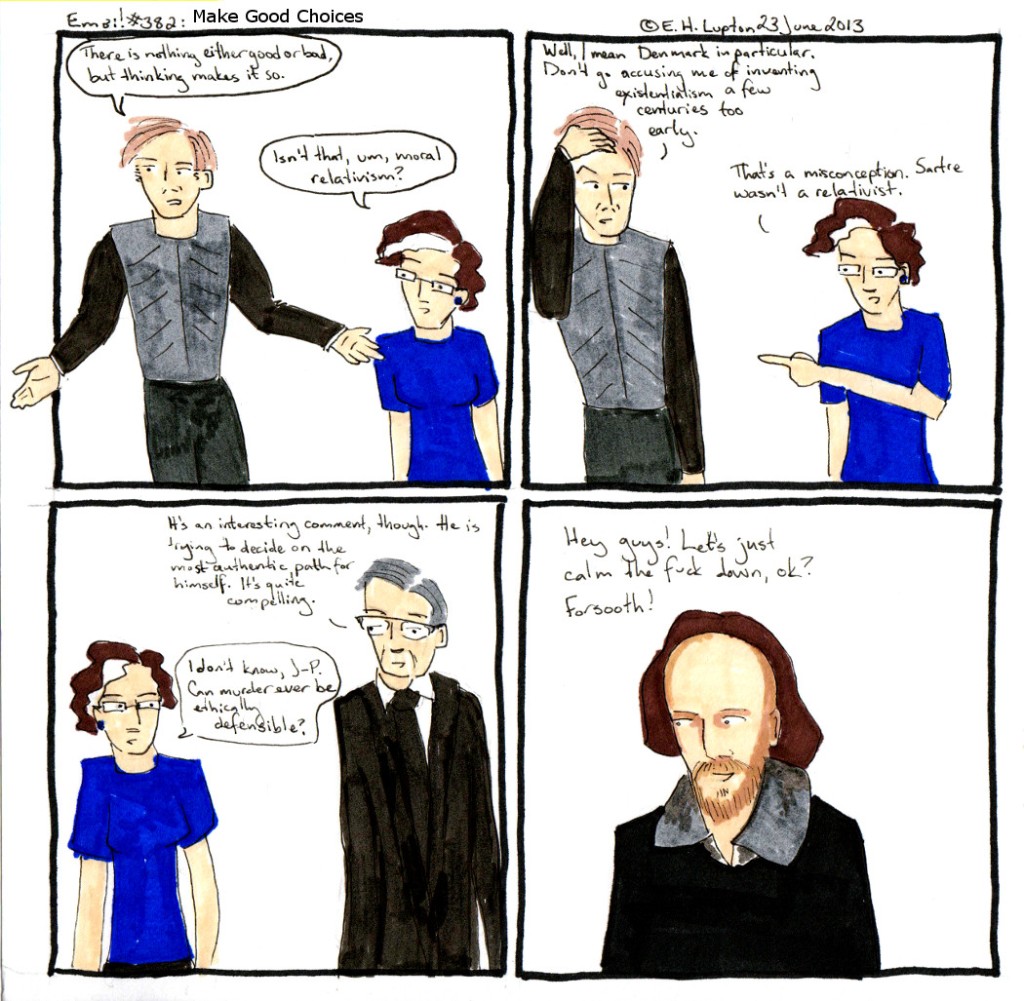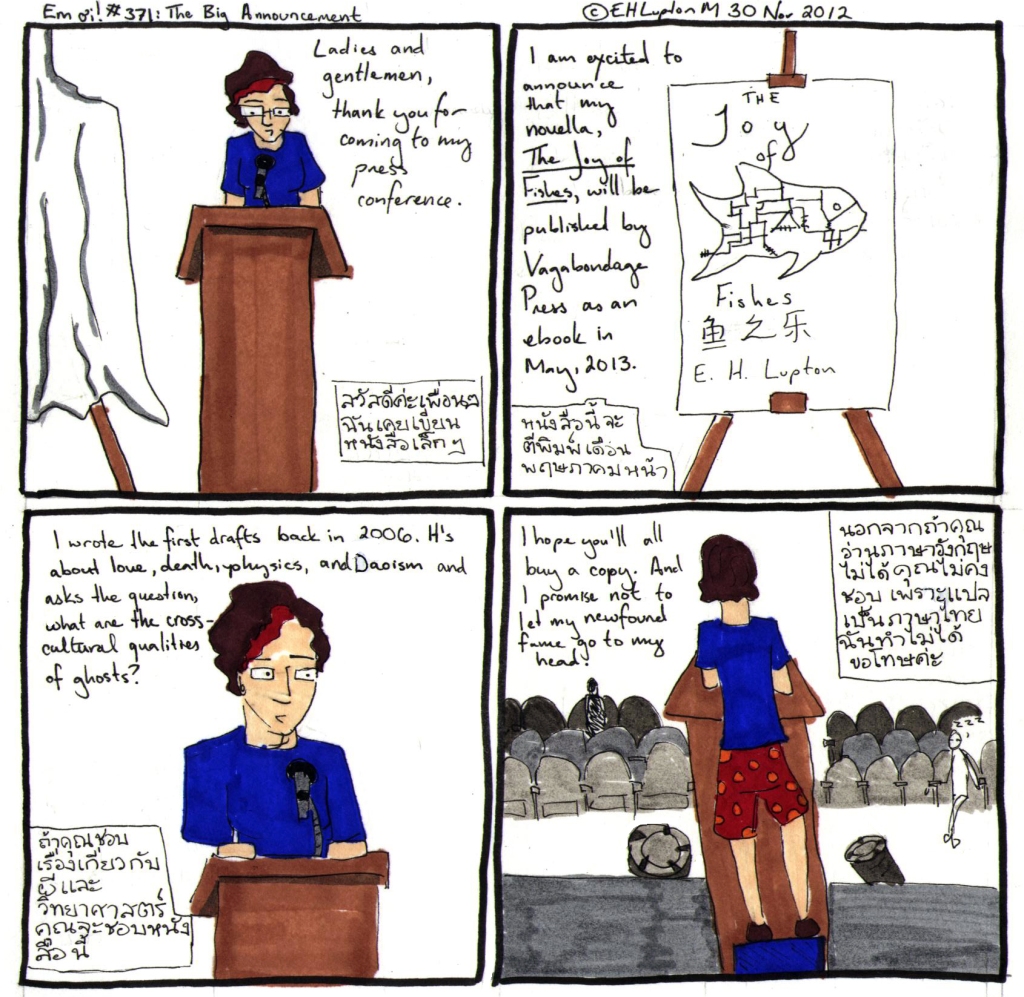Chandler, Raymond. The Big Sleep. 1939. Reprint, London: Penguin, 2014.
Philip Marlowe takes a case for an old general by the name of Sternwood. A rich man, Sternwood has two daughters who run wild. He has received some IOUs—a spot of blackmail for one of the daughters (Carmen)—and wants Marlowe to look into it. As Marlowe is leaving the Sternwood mansion, the general’s other daughter, Vivian (Regan) calls him in to ask if he has been asked to find her estranged husband, who departed suddenly not long ago. He hasn’t, but he will before he gets out of the mess he’s just walked into.
The Big Sleep, Chandler’s first novel, furnishes a complex and twisty plot in which bad guys and good guys alike go down like dominoes. A woman’s ex-lover shoots a man who is photographing said woman in the nude and steals the photo plate, only to have it taken from him. The thief gets killed by the dead photographer’s lover; then the thief’s girlfriend tries to sell some information about the vanished husband’s ex-lover and winds up getting her intermediary killed by the ex-lover’s bodyguard . . . there’s more, but maybe I’ve made my point. At every turn, wisps of truth float through Marlowe’s fingers as he tries to figure out who knows what and who’s lying to him (hint: it’s almost everyone).
The book is set quite firmly in Los Angeles in the 1930s. Prohibition is over and so, largely, is the recession; the oil derricks[1], which were responsible for putting the city on the map, are beginning to lose their primacy on the landscape, and the place is starting to grow rapidly. Not every detail of the book holds up well by modern standards. For example, the amount of fuss Marlowe kicks up about some pornographic books seems silly by the standards of the internet. A young woman being photographed nude is potentially a major scandal, whereas today it can make someone’s career. There’s a gay character who isn’t treated very well (although to be fair, when Marlowe chews him out, he has just murdered a man in front of Marlowe), and there’s a somewhat perplexing racial slur.[2] In addition, the question of who killed the chauffeur is famously left unresolved—however, I have to admit that had I not read an anecdote in which Chandler confessed to not knowing either, I likely wouldn’t have noticed that detail. Throughout, if these petty complaints ever threaten to overwhelm the story, Chandler throws in another beautifully crafted line to make the reader forget her complaints—although calling them lines fails to acknowledge how masterful his prose is in sum, how well-chosen each word is.
At the end of the book, we leave Marlowe in a bar in something of a moral quandary. Midway through the book, he mentions a chess board in his room: “There was a problem laid out on the board, a six-mover. I couldn’t solve it, like a lot of my problems. I reached down and moved a knight. . . . The move with the knight was wrong. I put it back where I had moved it from. Knights had no meaning in this game. It wasn’t a game for knights” (168–170). By the final pages, Marlowe has taken over the role of the knight, and in doing so proved himself correct. He cannot apprehend the murderer or even reveal the location of the murdered man’s body lest he give the game away. All his attempts to protect the general and his daughters have backed him into a corner. And so he drinks and ruminates fatalistically on death, “the big sleep” (250). This paralysis is intentional. In effect, Chandler is producing a treatise on the modernist detective novel, and does as effective a job in defining it as he does in his famous essay, “The Simple Art of Murder.”
The Victorian detective, epitomized by Sherlock Holmes, is a figure of romanticized panopticism. No matter how grave or petty a crime is, no matter how complex, Holmes reassures us that the criminal will be found. Marlowe, in his own words, is not Sherlock Holmes: “I don’t expect to go over ground the police have covered and pick up a broken pen point and build a case from it. If you think there is anybody in the detective business making a living doing that sort of thing, you don’t know much about cops. It’s not things like that they overlook if they overlook anything” (131). Later he adds, “I’m a very smart guy. I haven’t a feeling or a scruple in the world. All I have the itch for is money. I am so money greedy that for twenty-five bucks a day and expenses, mostly gasoline and whisky, I do my thinking myself, what there is of it: I risk my whole future, the hatred of the cops and of [gangsters]. I dodge bullets and eat saps and say thank you very much” (247–248). Unlike the comparatively aloofness of earlier detectives (such as the aforementioned Holmes; Philo Vance, who is also namechecked by Marlowe; or C. Auguste Dupin) who never get their hands dirty, Marlowe cares about his cases and spends his time sticking his nose in where it’s not wanted. He also reflects on the process of detection and how it has been represented to his clients.[3] The world has changed a lot since 1893; on the eve of the second World War, there are no reassurances to be found.
Ultimately I don’t think this is Chandler’s greatest novel—I’d give that accolade to The Long Goodbye—but don’t let that hold you back from reading it. Chandler, even on a bad day, is better than most contemporary writers could ever hope to be.
[1] Mentioned recently on Marketplace.
[2] Perplexing in that I’ve never seen an expression like that used. It was clear from context that it was slightly derogatory in some way.
[3] If the modernist detective novel is characterized by a greater degree of self-reflection, a willingness to get one’s hands dirty, and yet a feeling of futility or of being trapped by the situation in which one finds oneself, the postmodern detective novel is characterized by a broadening of focus in an attempt to solve crimes by looking at the ills of the society that produced the criminal, or by a sense that crimes are in some sense unsolvable. I’ll get back to you about the post-postmodern (i.e., contemporary) detective novel.



